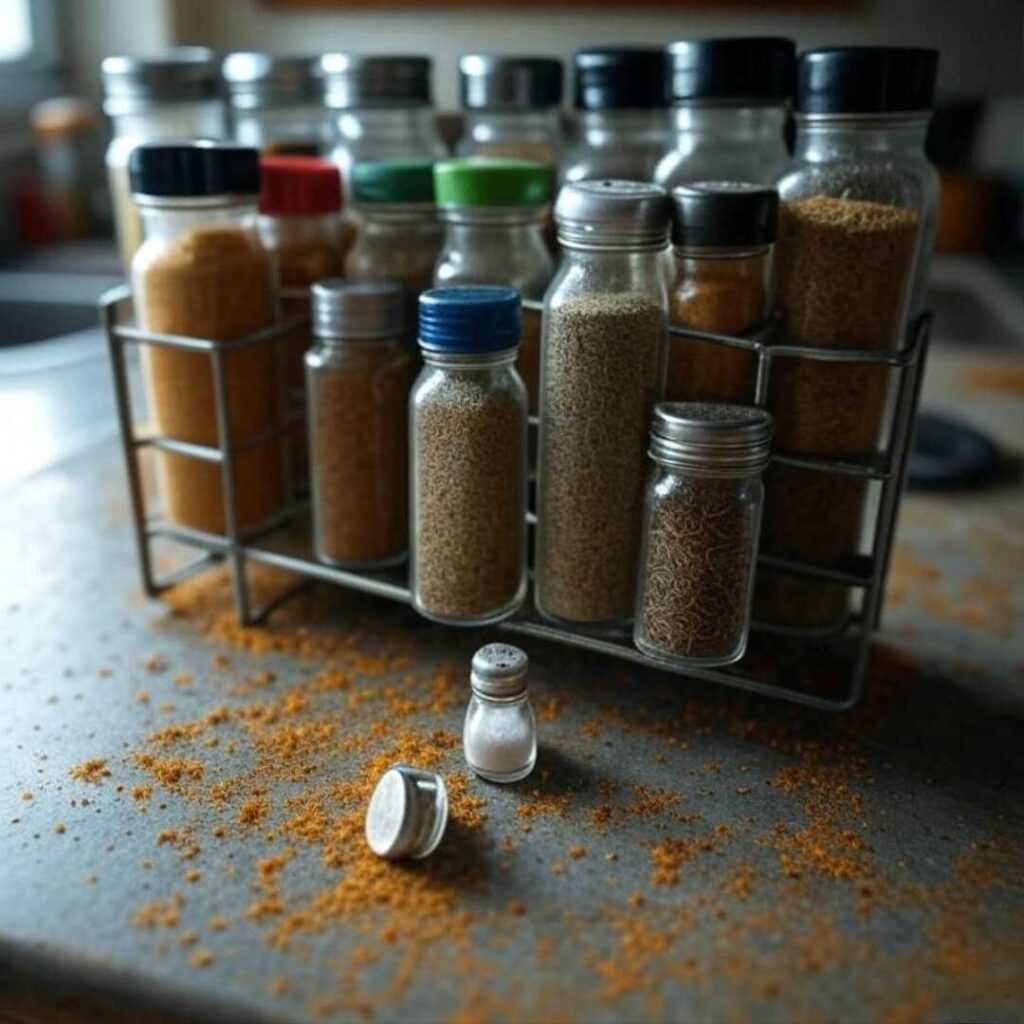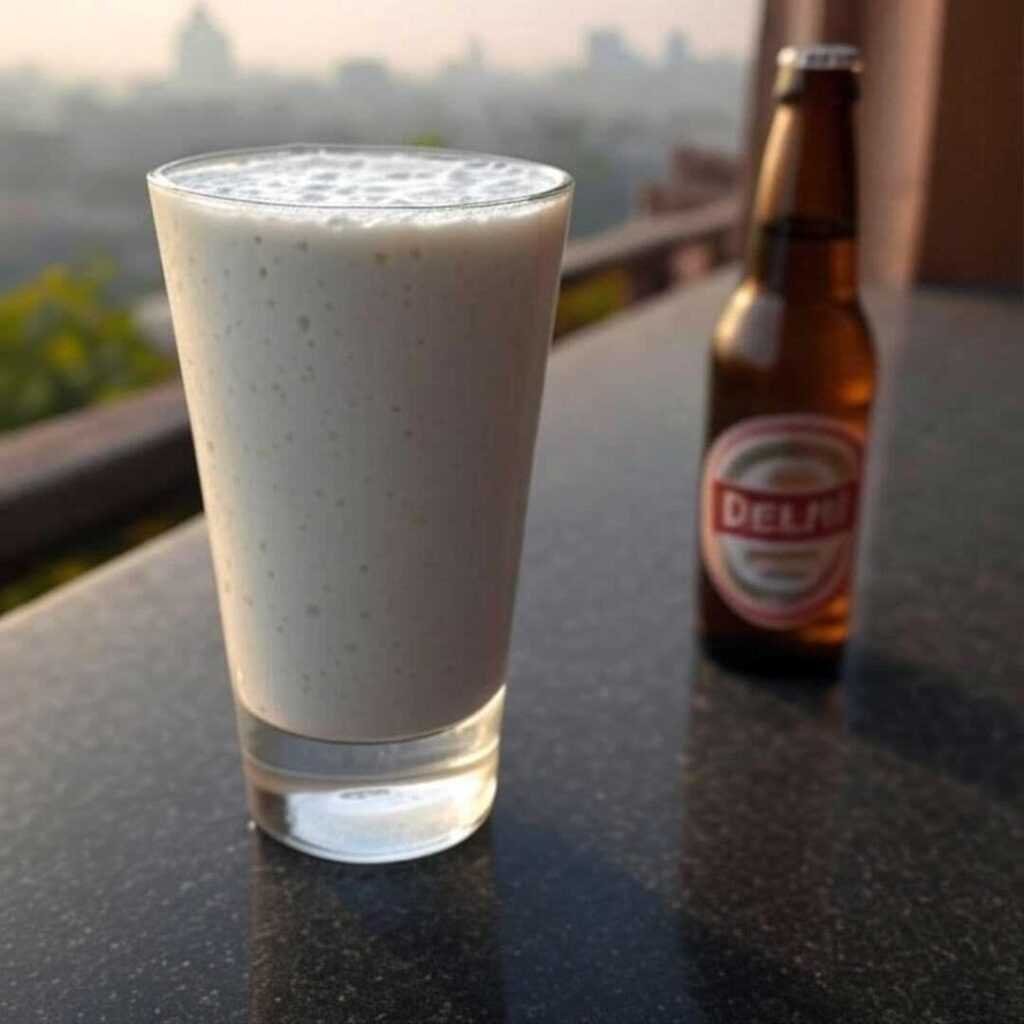So, lower blood pressure—yep, that’s my current obsession. I’m holed up in this sweaty Delhi apartment, the fan whining like it’s got a personal grudge, and I’m still reeling from my last doctor’s visit. My numbers were creeping up, and I was like, “Hell no, I’m not ready for meds!” I’m an American, stubborn as a mule, and I thought I’d tackle this naturally. Big surprise: it’s messy, I’m a hot mess, and I’ve flubbed plenty. But I’ve stumbled on some ways to lower blood pressure without pills, and I’m gonna spill the tea—pun intended—straight from India.
Why I’m Freaking Out About Lowering Blood Pressure
I moved to Delhi for work, okay? And this place is a sensory overload—honking rickshaws, spicy chaat smells, and heat that makes you feel like a melting popsicle. My blood pressure was chill back in the States, but here? Not so much. I had this mortifying moment in a rickshaw, stuck in traffic, heart thumping like a techno beat, sweat dripping, and my smartwatch screaming “BP spike!” I was stress-eating samosas and barely sleeping. Gotta lower blood pressure without a pharmacy, so here’s my messy journey.
1. Hibiscus Tea, My Accidental Love
I’m not a tea person—coffee’s my vibe. But I read on Healthline that hibiscus tea can help lower blood pressure, something about ACE inhibitors, whatever that means. So, I’m at this chaotic Delhi market, fumbling with rupees for dried hibiscus flowers, feeling like a total tourist. Brewed it, and it tastes like sour candy gone wrong. I spilled some on my counter yesterday, and it’s still there, mocking me. But my BP’s down a smidge, so I’m sticking with it.

2. Yoga, or My Sad Attempt at Zen
Yoga’s supposed to lower blood pressure by calming your nerves, says Harvard Health. I tried it in a park under a mango tree, with nosy aunties staring at my wobbly warrior pose. I’m stiff as a board, okay? My yoga mat’s got holes, and I almost ate dirt during a forward fold. But 20 minutes of my awful yoga—deep breaths and all—makes my heart feel less like it’s auditioning for a drum solo. My BP’s better, even if I look ridiculous.
3. Salt’s My Enemy, and I’m Losing
Indian food is everything, but the salt? Brutal. I was inhaling parathas and mango pickle, then wondering why my blood pressure was raging. American Heart Association says keep sodium under 1,500 mg. I tried, failed, maybe cried a bit when I skipped my street-side chaat. Now I cook dal and veggies at home, light on salt. My taste buds are sulking, but my numbers are calmer. Spices like turmeric save me.

4. Walking Like I’m On a Mission
Delhi’s not built for strolling, but walking can lower blood pressure, per Mayo Clinic. I started speed-walking in Lodhi Garden, dodging monkeys and Instagram influencers. The air’s all jasmine and diesel, and I’m huffing like a grandpa, but it’s weirdly soothing. My smartwatch says my BP drops after. Plus, I don’t feel as bad about sneaking a kulfi afterward.
5. Meditation, or Me Failing at Calm
Meditation’s great for reducing hypertension, according to Cleveland Clinic. I’m terrible at it. Tried it on my balcony, with autorickshaws honking like they’re laughing at me. My brain’s like, “Did I pay the electricity bill? Is that curry burning?” But even five minutes of breathing—ignoring the noise—helps. I use a free app, and my BP notebook (yep, I’m that guy) shows it’s kinda working.
6. Ditching Booze, Kinda
I love a cold beer in this heat, but alcohol screws with blood pressure, says WebMD. I cut back to one drink a week, and it’s painful. I miss my Friday beers with coworkers. Swapped it for lassi, which feels like I’m cheating on my American roots. My morning BP readings are less scary, though, so I guess it’s worth it. Lassi’s creamy, at least.

7. Sleep, Because I’m Exhausted
Sleep’s huge for lowering blood pressure. I was up late scrolling X, stressing about work, and my BP was not happy. Sleep Foundation says 7-9 hours is the goal. Now I’m in bed by 10, earplugs in to drown out the street dogs barking like they’re forming a band. My room’s got this sandalwood incense vibe I’m weirdly obsessed with. Better sleep, better BP.
Wrapping Up My Blood Pressure Saga
Trying to lower blood pressure naturally is a slog, yo. I’m not some health guru—I still sneak pakoras, skip yoga when I’m lazy, and lose it when my Wi-Fi craps out. But these seven hacks? They’re keeping my numbers sorta in check while I survive Delhi’s madness. Pick one, try it for a week, laugh at your screw-ups. Got a trick that worked for you? Hit me up on X—I’m all ears!


































